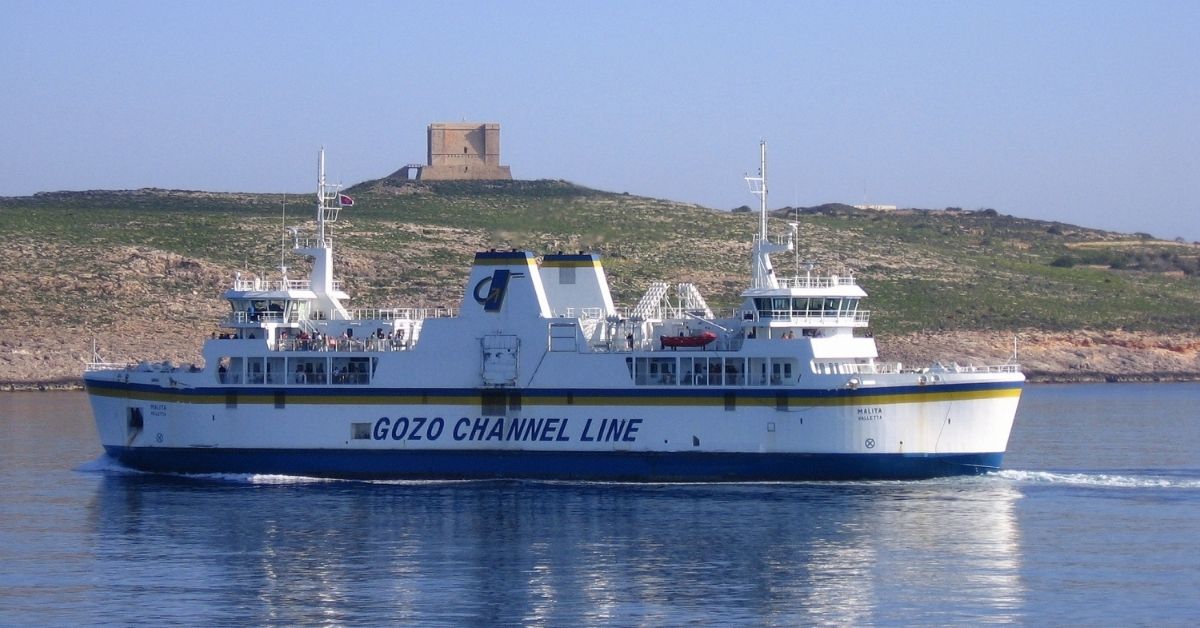Malta lost €316.1 million, or 3.3 per cent of its GDP, due to tax abuse in 2021, according to a report measuring the extent of tax-dodging by multinational firms and super-rich individuals around the world.
Of this sum, €13.4 million can be attributed to corporate tax abuse.
The figures emerge from The State of Tax Justice 2021, which details both global offshore tax evasion and tax avoidance. While the latter is not illegal, it deprives governments of taxable revenue, at a time when the COVID-19 pandemic has decimated public funds.
Malta is understood to be a key offender in the area of tax avoidance.
The report was jointly published by the Tax Justice Network (TJN), the Global Alliance for Tax Justice and the global union federation Public Services International. It found that estimated losses had risen from $427 billion (€377 bn) in 2020 to $483bn (€426bn) in 2021.
While offshore jurisdictions like the British Virgin Islands are the main culprits when it comes to multinationals avoiding paying their taxes, Malta is not squeaky clean in that regard.
The country has long benefitted from a 6/7 tax refund scheme allowing companies registered in Malta with foreign ownership to effectively pay five per cent corporate tax. The scheme has been in place prior to Malta’s 2004 accession to the EU but continues to be a sore spot as larger EU member states complain that multinationals should be paying taxes where the majority of their earnings are made.
In terms of tax revenue lost, the worst affected country by far is the United Kingdom, which is responsible for almost 40 per cent of the total sum mentioned in the report.
Britain facilitates abuse and evasion through a network made up of British overseas territories and the City of London, the report said.
According to the report, $312bn (€275bn) of the total sum was the result of cross-border corporate tax abuse by multinational corporations, while wealthy individuals avoided paying $171bn (€151bn) in taxes.
The report is based on data self-reported by multinational corporations, together with banking data collected by governments.
As a result, the figures only represent “the tip of the iceberg” and the actual losses from tax abuse were much higher, according to Miroslav Palanský, a TJN data scientist.
Shockingly, the report found that tax revenues lost by lower-income countries would be enough to vaccine 60 per cent of their populations against COVID-19, bridging the wide gap in vaccination rates been poor countries and richer developed nations.
And while Malta currently has one of the most vaccinated populations in the world, that figure could surely go some way to improving the country’s infrastructure, if it was ever recovered.
Gozo cargo ship can cut traffic and Ċirkewwa queues, say business groups
'A much needed investment'
Inbound tourism reaches nearly 3.8 million visitors in first 11 months of 2025
Inbound tourist arrivals were estimated at 304,620 in November alone
Farmhouse once used by 1798 Maltese rebellion leader goes on sale for €2.5m
It once served as the headquarters of Vincenzo Borg, one of the leaders in the Maltese uprising against the French






